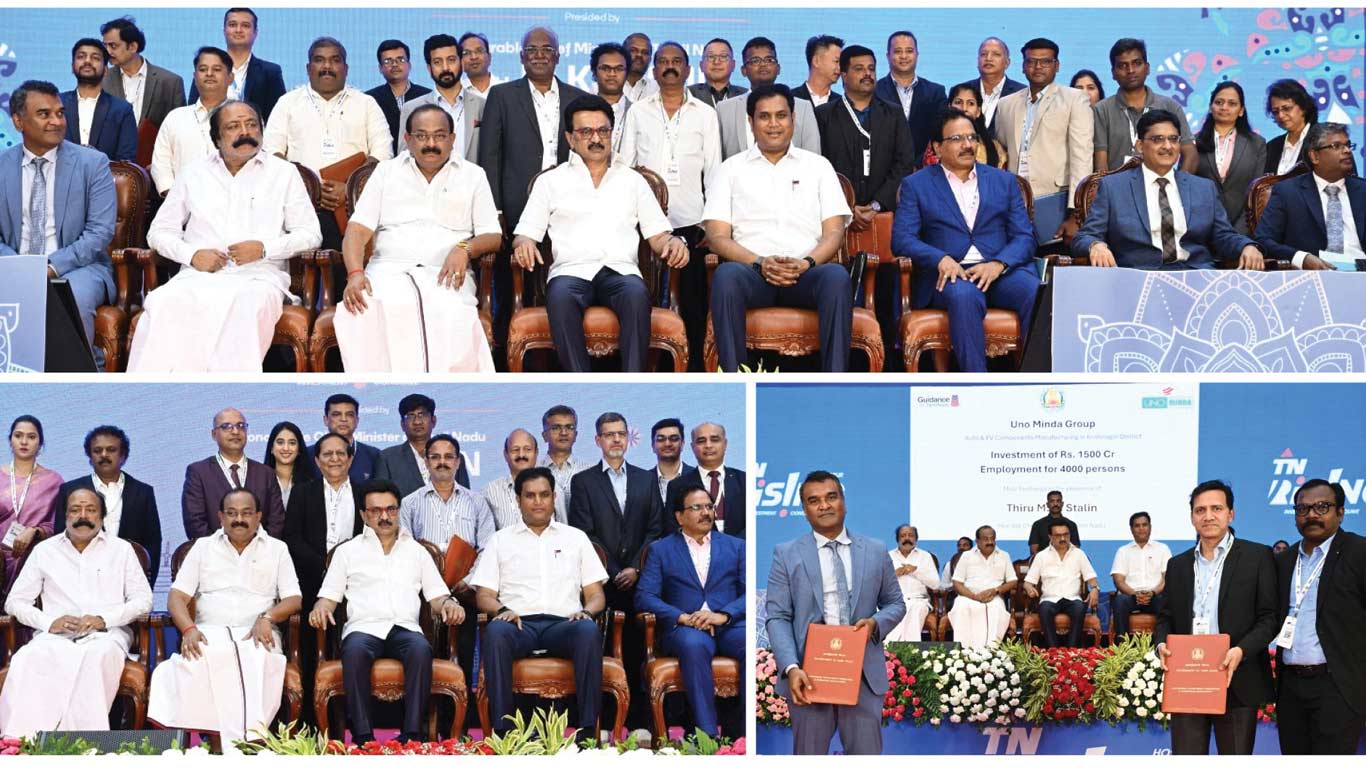By Steven J. Vaughan-Nichols,Vicki Walker
Copyright thenewstack

Want to make the most of MCP? You should check out Microsoft Research’s MCP Interviewer.
Model Context Protocol (MCP) has quickly become a wildly popular open standard for connecting AI agents with external data and services. That’s great, but how do you ensure your servers can work properly with MCP? Enter Microsoft Research’s MCP Interviewer.
MCP Interviewer is an open source (under the MIT license) CLI tool designed to help developers build and maintain servers for MCP. Specifically, it’s a Python CLI tool that enables you to catch MCP server issues before your agents trip over them.
The program provides automated inspection, functional testing, agentic evaluation, and in-depth reporting for MCP server implementations. The tool catalogues a server’s tools, prompts, resources and capability schemas, using statistics and direct interaction to highlight compliance, detect constraint violations, and reveal usability issues for agentic AI systems.
Its key features are:
Constraint Checking: Automatically inspects MCP servers for compliance with provider constraints (such as OpenAI tool limits and naming conventions), helping developers avoid deployment pitfalls.
Functional Testing: Uses large language model agents (e.g., GPT-4.1) to create and execute test plans that exercise server tools interactively, with detailed logging of successes, errors and performance metrics.
LLM Evaluation: Optionally applies natural language evaluation rubrics via LLMs to grade tool usability and functional output, surfacing agent compatibility and detection of ambiguous or misleading tool metadata.
Report Generation: Outputs human-readable Markdown (and JSON) reports, summarizing constraint violations, statistics and qualitative rubric assessments for developers and maintainers.
The point of all this, according to Microsoft Research, is that as “agents proliferate, we anticipate strategies relying heavily on vertical integration will not age well. Agents from different developers or companies will increasingly encounter each other and must work together to complete tasks, in what we refer to as a society of agents.”
MCP servers don’t know which clients or models they are working with. For example, they’re not aware which LLMs can handle long contexts and large tool spaces better than others, and can respond quite differently to common prompting patterns. So, while MCP is emerging as an interoperability layer for connecting LLM-powered agents to business tools, content repositories and development platforms, MCP Interviewer is positioned as a crucial validator and debugging companion. By automating compatibility checks and agent-readiness evaluation, Interview will enable developers to confidently publish and maintain MCP servers that work reliably across diverse agentic clients.
Another issue is that large agent tool spaces can lower performance by up to 85% for some models. You see, since MCP offers no guidance on how many tokens a tool call produces, agent responses can overwhelm the LLM’s context window. At the extreme high-end, one tool returned an average of 557,766 tokens. That’s more than enough to swamp almost any LLM’s context window. The MCP Interviewer tool, by tracking MCP servers’ outward-facing properties, can help avoid MCP slowdowns or even outright failures.
That’s all well and good, but Microsoft Research reminds us that MCP Interviewer remains an experimental project. For now, you should manually review its outputs and not use it in production. The team encourages feedback and contributions from the open source and MCP communities further to refine testing capabilities, reporting, and security standards. That said, if MCP Interviewer evolves into a strong, reliable program, it may become an essential part of any serious MCP deployment.



